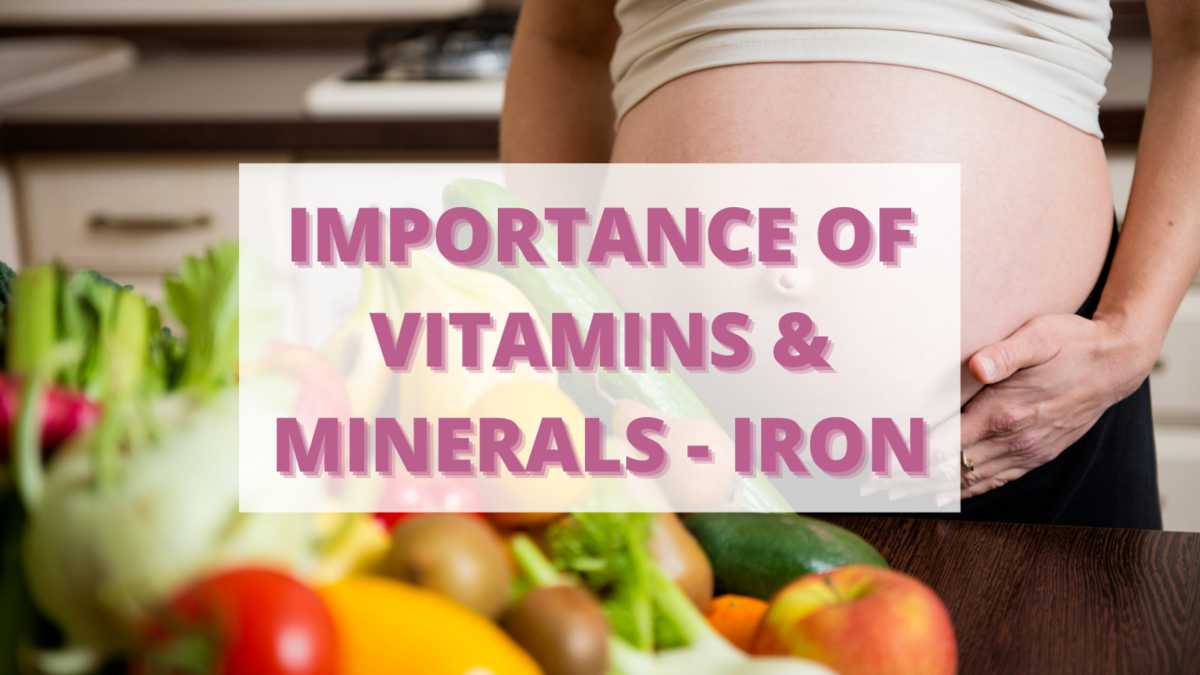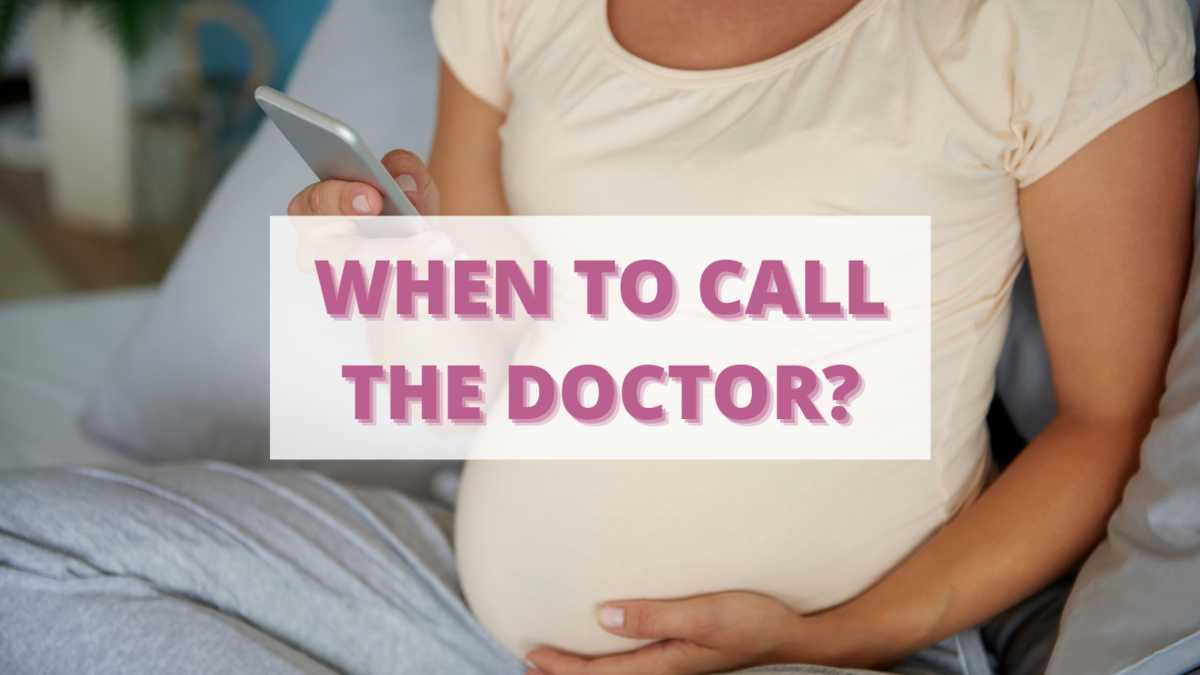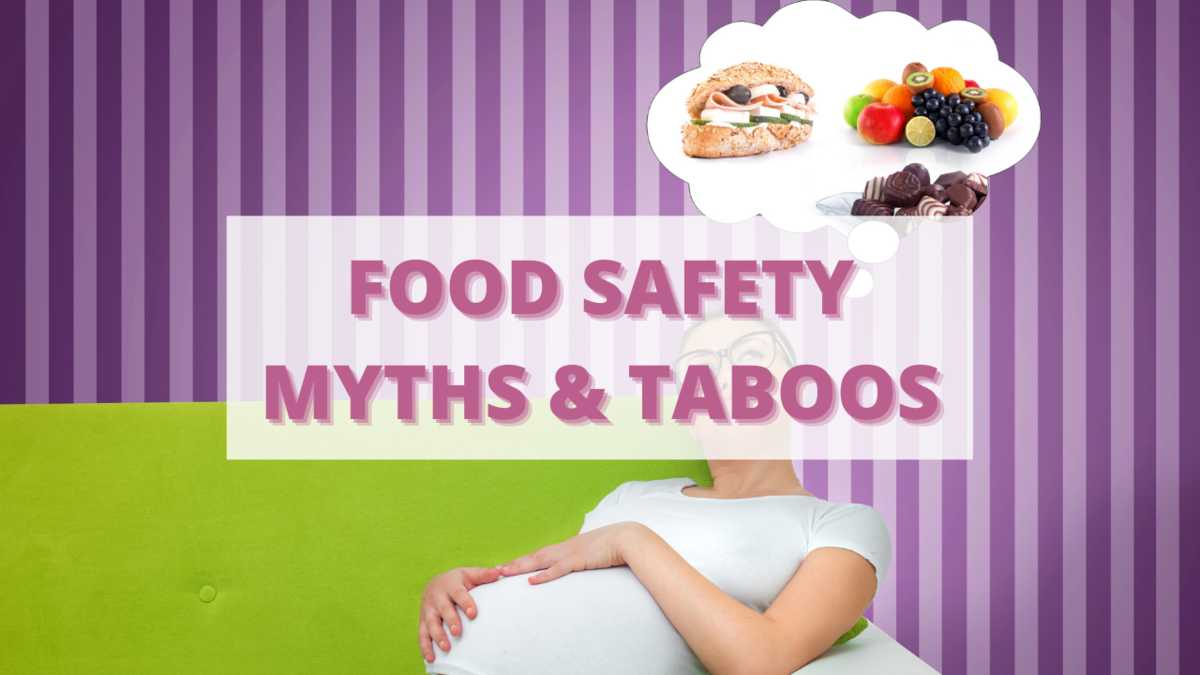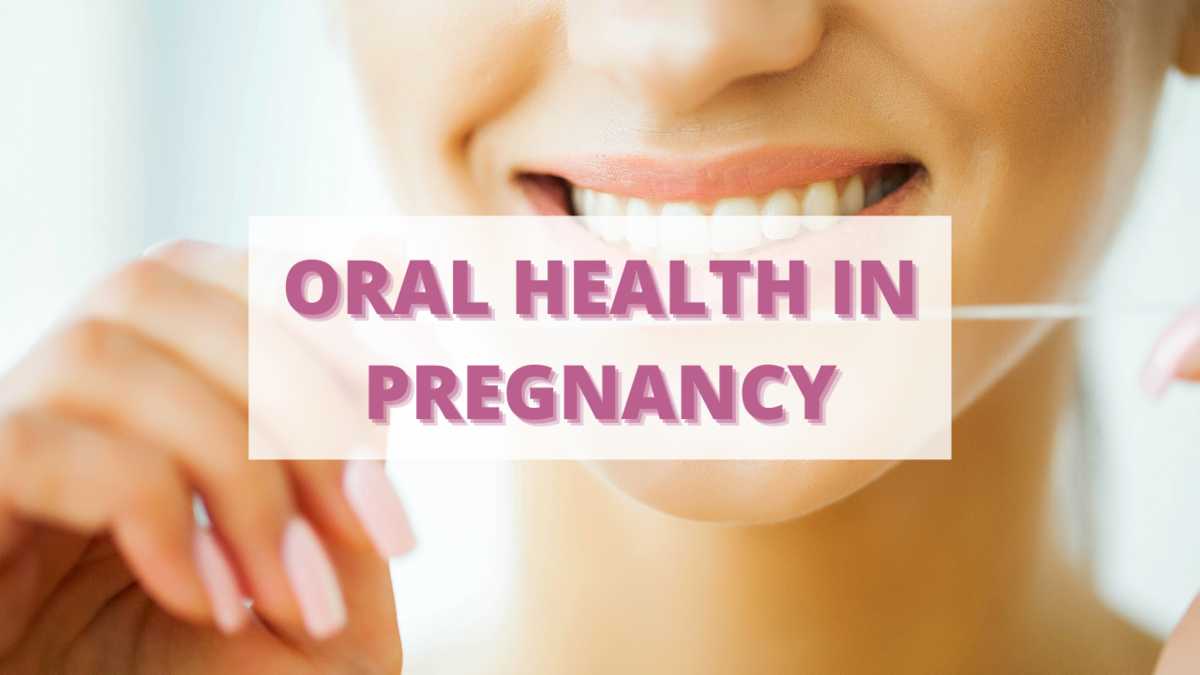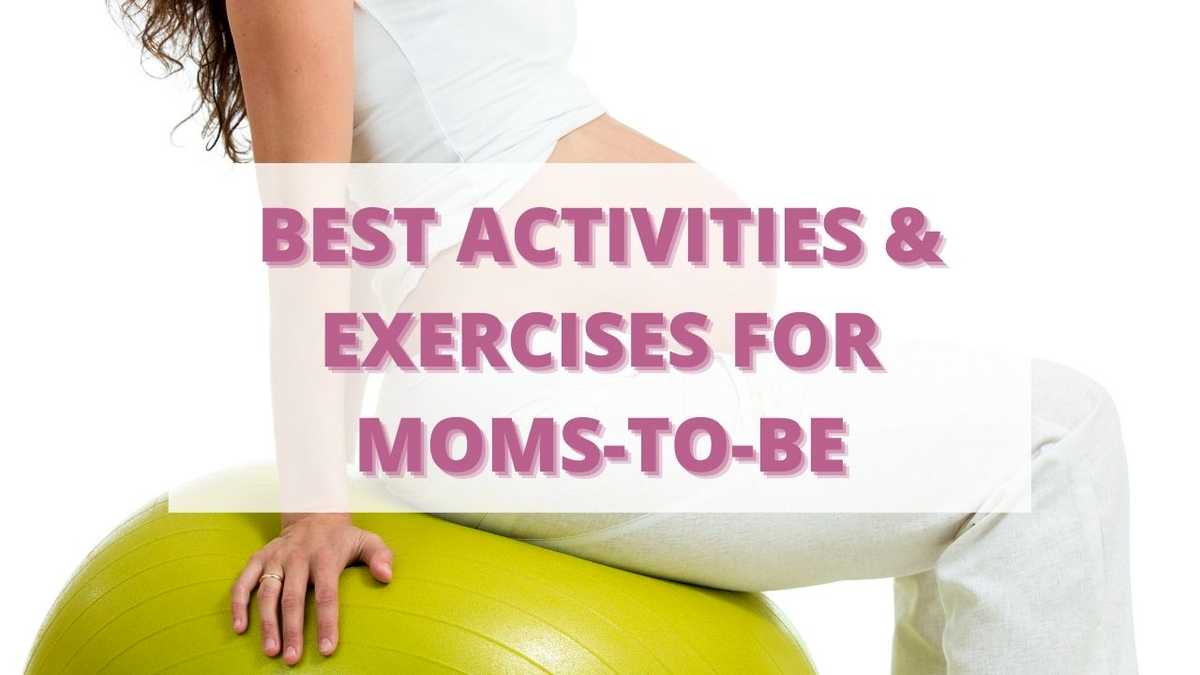While pregnancy can bring out a new or renewed tenderness in many relationships, there are women who experience abuse from their partners.
While pregnancy can bring out a new or renewed tenderness in many relationships, there are women who experience abuse from their partners in terms of both emotional or physical violence. Such abuse crosses across all racial, ethnic, and economic lines.
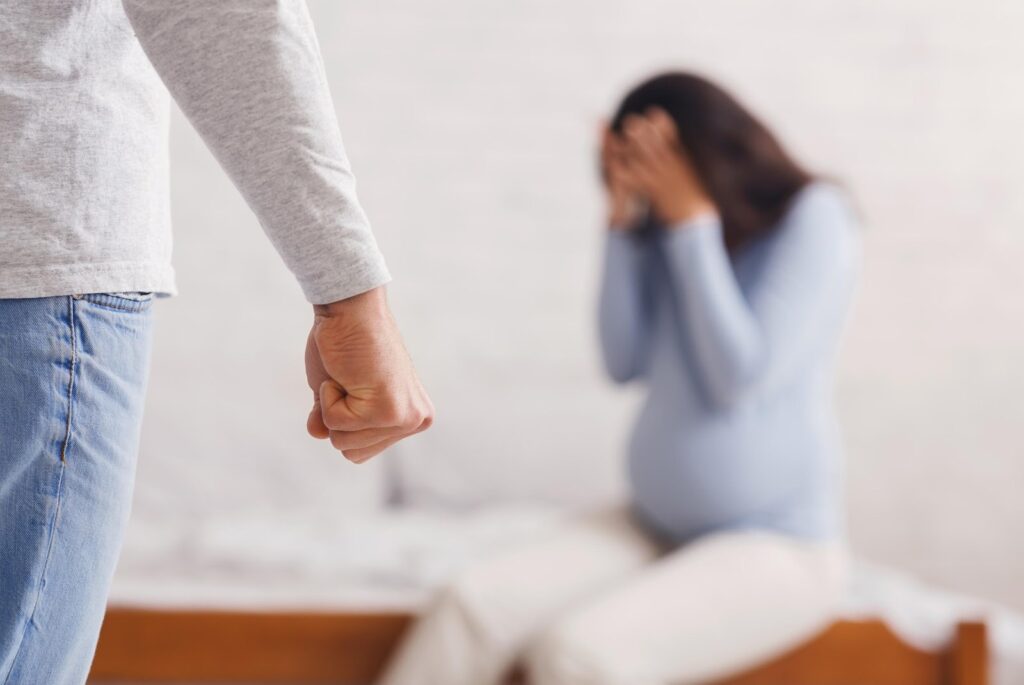
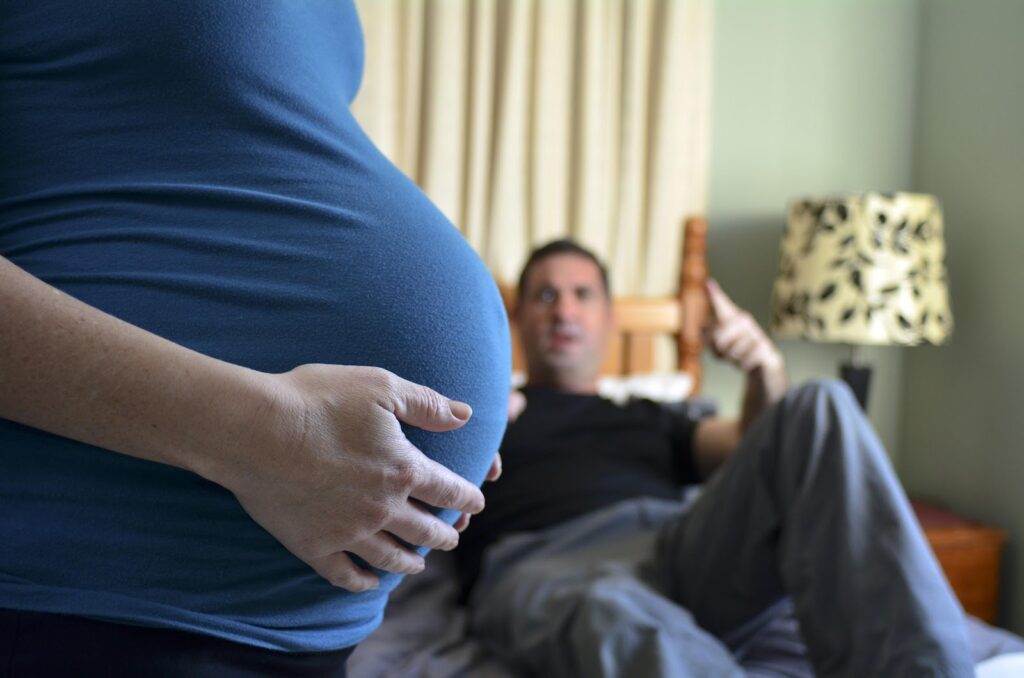
What is abuse?
Abuse can be both emotional or physical:
- An abusive partner may cause emotional pain by shaming you or constantly blaming you for something you have not done.
- They may try to control your behavior by not allowing you to see your family and friends, or by always telling you what you should be doing.
- Emotional abuse may lead you to feel scared or depressed, eat unhealthy foods, or pick up bad habits such as smoking or drinking.
- Physical abuse means bodily harm and included hitting, slapping, kicking, choking, pushing, or even pulling your hair.
Why is abuse unhealthy?
- Abusive relationships in itself are unhealthy and toxic, especially during pregnancy.
- Sometimes, an abuser may aim their blows at a pregnant woman’s belly.
- This kind of domestic violence not only can harm you, but it also can put your unborn baby in grave danger.
- During pregnancy, physical abuse can lead to miscarriage and vaginal bleeding.
- It can cause your baby to be born too soon, have low birth weight, or physical injuries.
- Apart from this, it causes a lot of emotional stress and turmoil.
What can trigger abuse during pregnancy?
For many families, pregnancy can bring about feelings of stress, which is normal. But it’s not okay for your partner to react violently to stress. Some partners become abusive during pregnancy because they feel:
- Upset because this was an unplanned pregnancy
- Stressed at the thought of financially supporting a first baby or another baby
- Jealous that your attention may shift from your partner to your new baby, or to a new relationship
How do you know if you’re in an abusive relationship?
It’s common for couples to argue now and then. But violence and emotional abuse are different from the minor conflicts that couples have. Ask yourself:
- Does my partner always put me down and make me feel bad about myself?
- Has my partner caused harm or pain to my body?
- Does my partner threaten me, the baby, my other children, or himself?
- Does my partner blame me for his actions? Does he tell me it’s my own fault he hit me?
- Is my partner becoming more violent as time goes on?
- Has my partner promised never to hurt me again, but still does?
- If you answered “Yes” to any of these questions, you may be in an unhealthy relationship.
How to safeguard yourself in an abusive relationship?
- Speak to someone you can trust like a friend, family member, a health care provider or counselor.
- Take action, seek help, and report the case if things are out of hand instead of bearing with the abuse.
- Keep yourself and your baby safe by moving away and staying separately or with friends and family where you feel protected.
Conclusion
No one deserves to be physically or emotionally abused. It is important to recognize the signs of abuse and seek help as both your and your baby’s life depends on it.
Special Thanks to Dr. Vineeta Awasthi (MBBS, MS(OB-GYN) , FICOG) for the expert advice.


